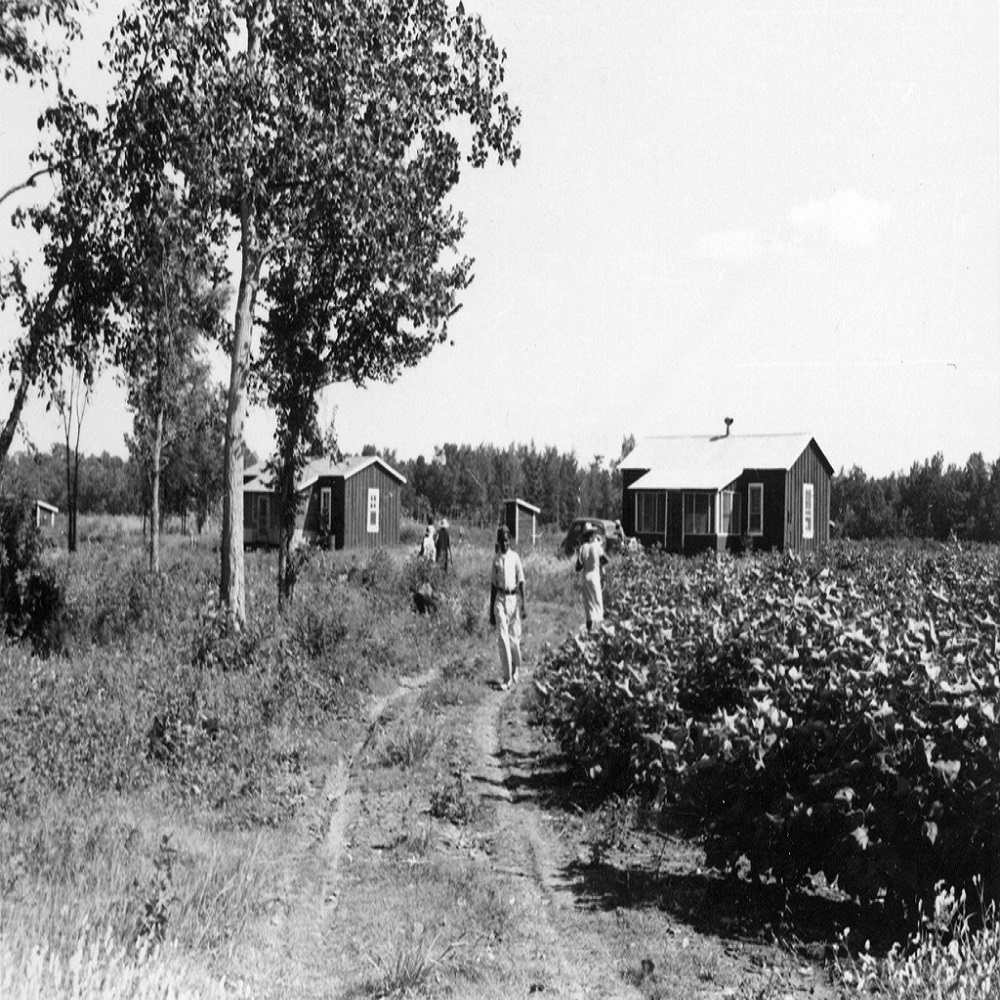

The pioneers of the style played a key role in developing the market for traditional blues recordings in the 1920s and ’30s, while the subsequent generation of Delta-born guitarists contributed to the rise of Chicago blues. His blues were North Mississippi blues, because he came from the Hill country near Roseville, Tennessee. Mississippi Delta blues, also known as Delta blues, regional style of early 20th-century American folk music, centred in the Delta region of northwestern Mississippi. I tried not to play on top of him, and we just over the years developed a way of playing together. Mississippi Fred McDowell was no Delta blues singer. “And even though we played pretty close to the same licks, I might be sliding while he was picking with his fingers, and vice versa. Want to learn about the 'other' Mississippi acoustic blues In this lesson, well explore a fun rhythm pattern in the Mississippi Hill Country Blues style.

After decades of playing for small local gatherings, McDowell was recorded in 1959 by roving folklore musicologist Alan Lomax and Shirley. Died: Jin Memphis, Tennessee, USA (Cancer) Also often called 'Mississippi Fred McDowell'. “The way we got the sound that we did, both of us were using our thumb and index finger, going up and down,” he says. Hill country blues, named after the hilly region in North Mississippi, is a form of Blues music emphasizing a steady, hypnotic groove, sparse, percussive and highly energetic guitar riffs and often features meandering song structures with unconventional and usually fewer chord changes as compared to the related Delta Blues. American hill country blues singer and guitarist.

While playing as a duo and with people like R.L.’s grandson Cedric Burnside on drums (now a Grammy-nominated blues singer and guitarist), Brown and Burnside worked out a way to complement each other. The pair began playing at Burnside’s house a few times a week, sometimes until late at night, and later at juke joints like Junior’s Place, owned by Junior Kimbrough.īrown became a formidable sideman for both bluesmen, appearing on Burnside’s entire 1990s-2000s output, from Too Bad Jim through A Bothered Mind, as well as on Kimbrough’s Sad Days, Lonely Nights and Most Things Haven’t Worked Out (all Fat Possum). Burnside in the early 1970s, Brown was eager to play the Hill Country blues he had grown up with.


 0 kommentar(er)
0 kommentar(er)
